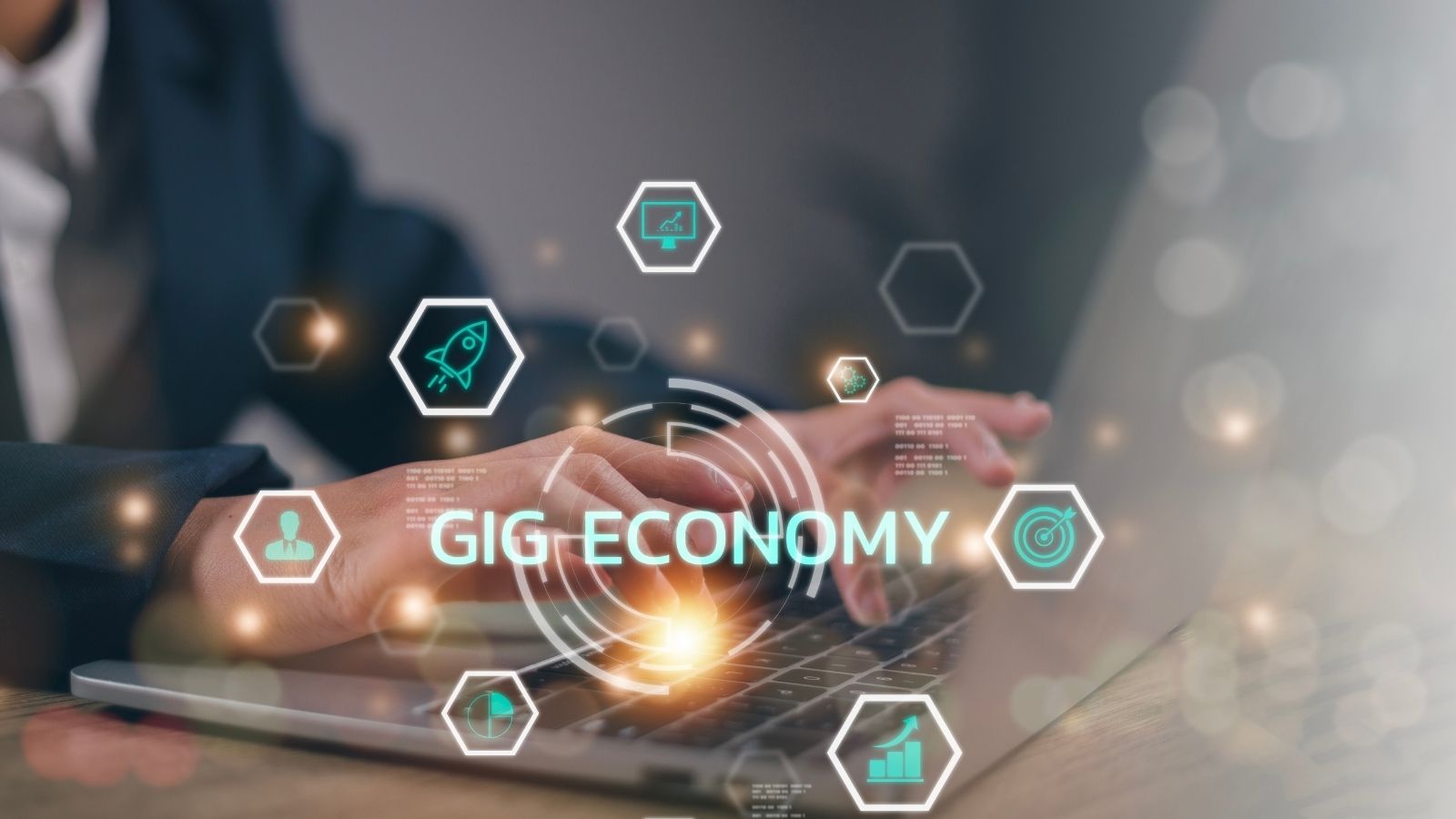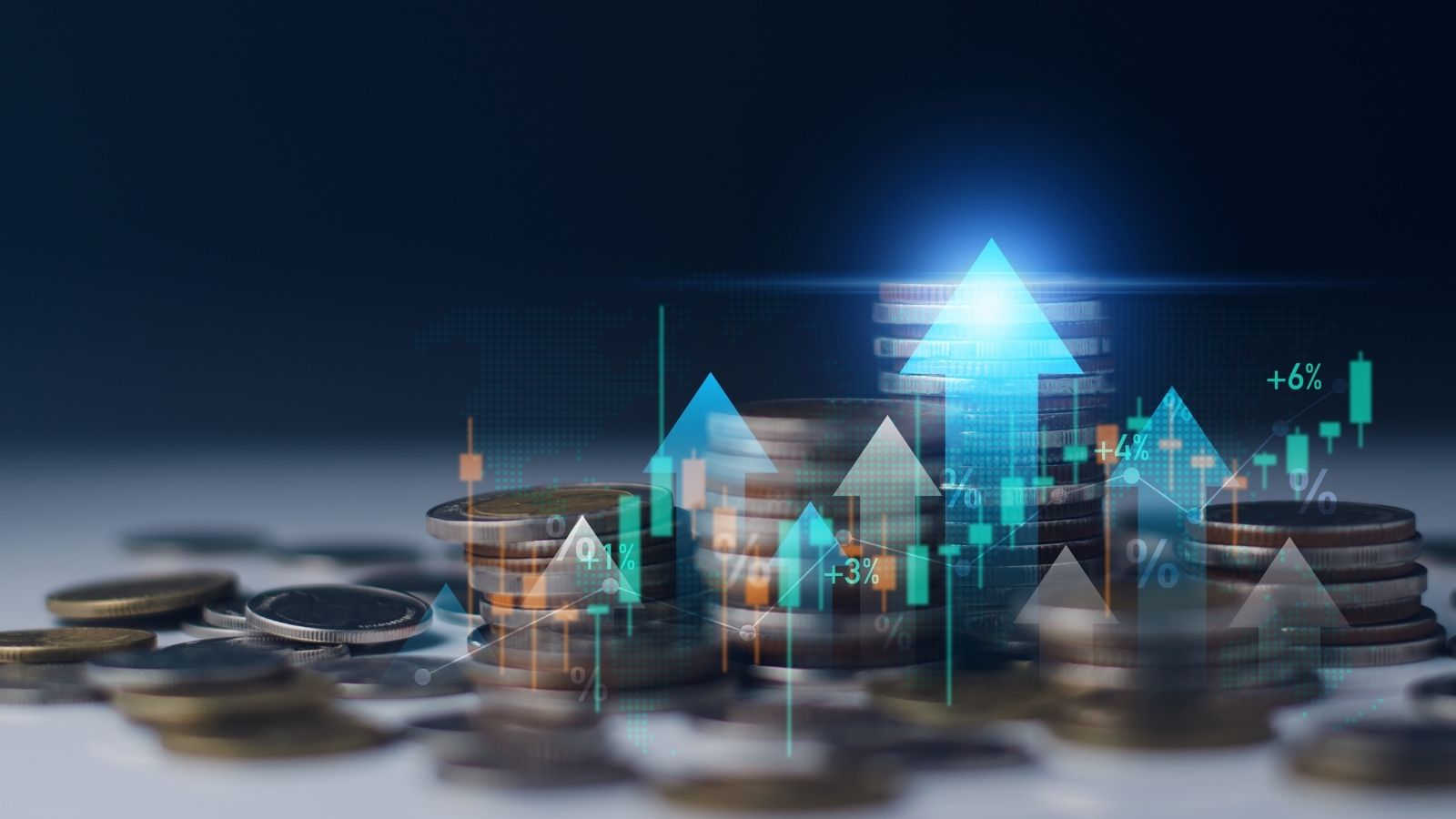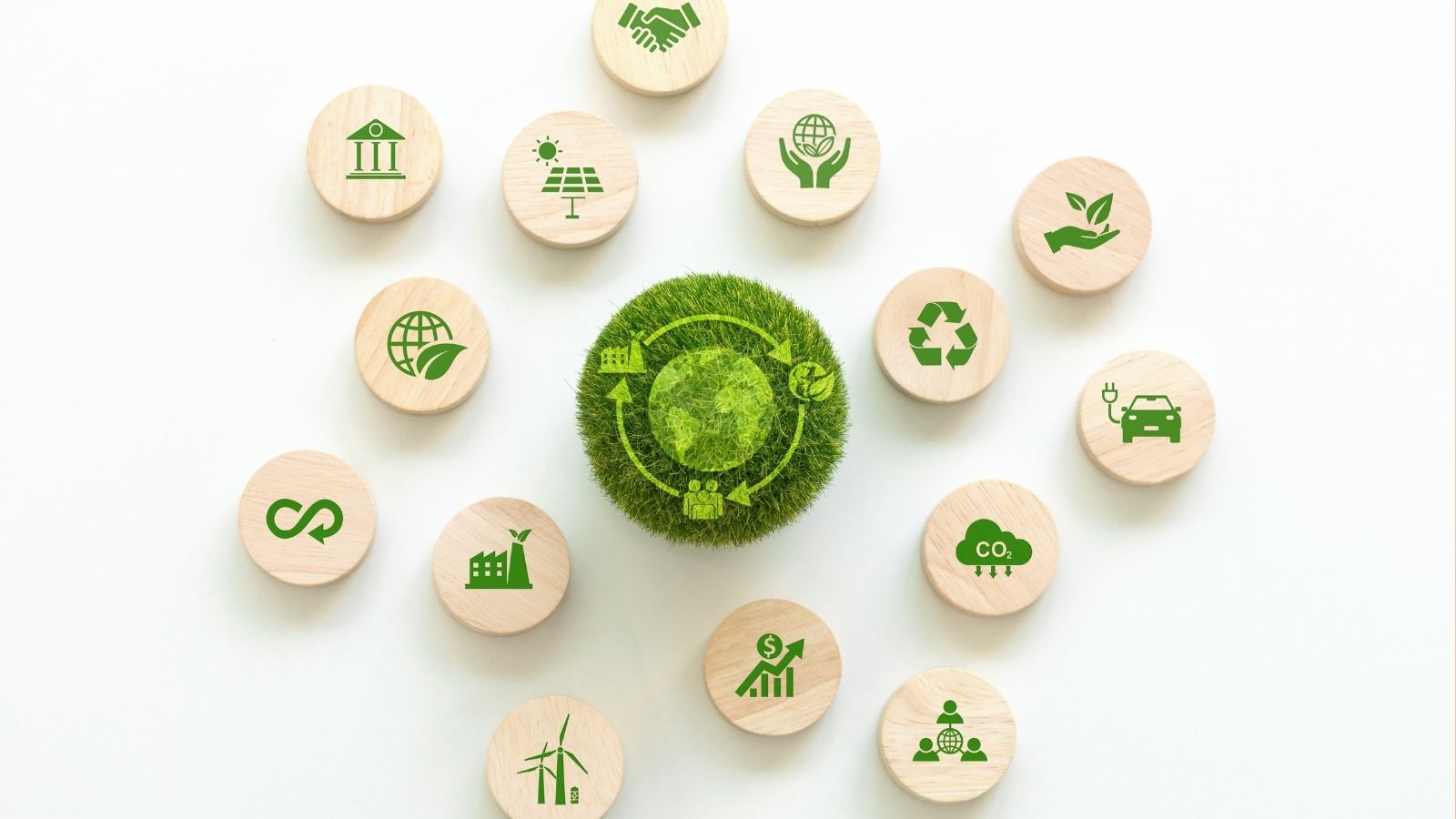Our world is changing faster than in the past, and the economy is mainly responsible for this. Economic pressures continuously influence how we live, work, and think about the future, whether we realize it or not. Therefore, it is essential to understand some basic concepts of the economy and stay updated. Here are 19 startling ways the economy is affecting your future, ranging from changes in the labor market to adjustments in our spending and saving habits.
The Increase in Work from Home

The COVID-19 epidemic drove the trend toward remote work, which is here to stay. As more individuals are no longer confined to a specific area for work, this change is altering how we think about office spaces, work-life balance, and even where we choose to reside. Businesses are reevaluating their real estate requirements, and employees are reevaluating where they live.
The Gig Economy

The gig economy is gaining traction, and traditional 9–5 work is becoming less prevalent. Nowadays, side gigs, contract work, and freelancing are commonplace; while they provide flexibility, they also come with fewer benefits and job stability. This change is altering the way we see careers and financial security. Many will have to work tirelessly to retain their income because they are not assured of a job or retirement benefits.
Changing the Nature of Work

Artificial intelligence and robots aren’t just something from science fiction; they’re here to stay, and they’re transforming the workforce. Numerous repetitive tasks are becoming automated, which is causing some employment to disappear and opening up new digital opportunities. As machines take over tasks once performed by humans, workers are finding it necessary to reskill and adapt.
Student Debt

The financial load of student loans is enormous for many young individuals. Because school is becoming more expensive, graduates are starting their careers heavily indebted, which hinders their capacity to invest, save, and accumulate money. Long-term effects of this debt load include postponing major life events like starting a family, purchasing a home, or setting aside money for retirement.
Increasing Volatility in Housing Markets

The real estate market is more erratic than before. Some people find homeownership unattainable due to skyrocketing housing costs in many locations, while others profit from the inflated value of real estate. Due to this instability, future planning is becoming more difficult. Because rental prices might vary significantly based on market conditions, renters may find the unpredictability even more challenging to deal with.
Uncontrollably High Healthcare Costs

One of the primary sources of financial anxiety for many people is the rising expense of healthcare. This is particularly true in nations without universal healthcare, as the cost of medical expenditures can result in large debt and difficult financial circumstances.
Redefined Retirement

Retirement as we know it now is changing. Whether by choice or need, a growing number of people are working well into their senior years due to rising life expectancies and changing economic conditions. These days, retirement planning frequently combines side jobs, part-time employment, and postponed Social Security benefits. Retirement is now viewed as a new stage of life that may still entail earning a living and participating in the workforce rather than as a time for total relaxation.
Customer Debt Is Increasing

Consumer debt, including loans and credit cards, is on the rise as people find it challenging to keep up with growing expenses. The increasing amount of debt people have is affecting their purchasing power and making it more difficult for them to become financially stable.
A Growing Wealth Divide

With the rich getting richer and the poor trying to make ends meet, economic disparity is increasing. Social and political unrest brought on by this income disparity is affecting everything from consumer behavior to governmental decisions. The accumulation of wealth within a small number of individuals has significant effects on possibilities for advancement, economic mobility, and the general well-being of society. The gap between the wealthy and the poor may widen as the middle-class declines, which may spark further dissatisfaction and requests for important policy changes.
The Rising Cost of Living

The cost of living is rising for everything from groceries to petrol. Prices are increasing due to supply chain problems and inflation, which is straining household budgets and making people reevaluate their spending patterns and financial goals. Due to the difficulty many families are having keeping up with these growing expenditures, non-essential spending is being reduced, and saving is being prioritized again.
Global Economy

Globalization has resulted in market expansion and economic prosperity, yet inequality has also been brought about. The success of certain industries and regions at the expense of others has resulted in a more divided global economy, which has seen job losses and economic deterioration.
The Effect of Political Uncertainty on Markets

Market uncertainty is caused by trade conflicts, shifting laws, and political unrest worldwide. Due to this unpredictability, forecasting the future is more complex, which impacts everything from business expansion plans to investing tactics.
Accessible Stock Markets

Stock market investing has become more accessible to the general public with the introduction of apps like Robinhood. The democratization of investing presents hazards as well as opportunities because novice investors may be more susceptible to market volatility.
Changes in Ownership

The rise of services like Uber, Airbnb, and car-sharing websites is changing our perception of ownership. Renting or sharing assets is becoming increasingly popular as a replacement for buying, which has significant effects on established industries and consumer behavior. This shift towards a sharing economy is impacting urban planning as cities adjust to the needs of citizens who value access over ownership.
Innovation Is Generating New Sectors

Jobs are being eliminated, but innovation is also spawning whole new sectors. For people with the necessary education and experience, there are many new career prospects in fields like cybersecurity, biotechnology, and renewable energy.
The World Supply Chain Is Stressed

Due to the interconnectedness of global trade, disturbances in one region might spread to other regions as well. The COVID-19 pandemic made vulnerabilities in the global supply chain visible, resulting in shortages and delays that persist to this day. Due to these disruptions, supply chains now need to be more flexible and resilient.
Traditional Finance is Being Disrupted by Cryptocurrency

Cryptocurrencies like Ethereum, Bitcoin, and others are disrupting the world of finance. Even though it’s still erratic and volatile, cryptocurrency presents fresh opportunities for transactions and investment, upending established financial systems and changing the way money is used in the future.
The Transition to Sustainable Methods

Sustainability is becoming increasingly important to businesses as concerns about climate change grow. Because businesses are under pressure to implement environmentally friendly practices, this trend is impacting everything from corporate policies to product development. Additionally, customers are more likely to support companies that exhibit a commitment to sustainability, which is changing markets and spurring innovation in green technologies.
Distance Education

The COVID-19 epidemic had a long-lasting impact on the rapid uptake of remote learning. The ubiquitous presence of online education not only increases accessibility but also poses a challenge to established educational establishments. The change is affecting the way people obtain credentials and skills, creating a more competitive but flexible learning environment where students must adjust to new ones.
Conclusion

The ever-changing economy impacts every element of life. Comprehending these patterns is essential for navigating the future, adjusting to novel employment opportunities, handling finances in an unstable environment, or simply making well-informed choices regarding our professions and personal lives.
5 Canadian Provinces Predicted to Thrive in the Next Economic Boom

5 Canadian Provinces Predicted to Thrive in the Next Economic Boom
